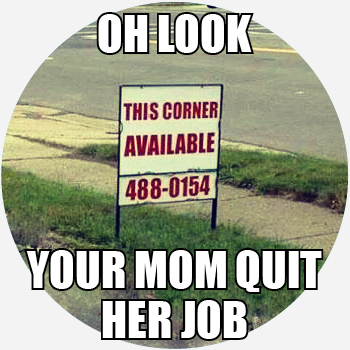- Oct 12, 2022
- 3,041
I would agree with those advocating for higher tax, I think it is required, but also agree that we need better managers in positions of responsibility.
My (vicarious) experience of Civil Service management is that it sits on its hands as much as possible, and considers management to be disseminating instructions from the grade above.
Real management involves more. You have to be prepared to ask why you’re asking your team to perform actions, what your management intend the result to be, and you have to (as non-confrontationally as possible) be prepared to push back sometimes and say “this isn’t the right solution because of x and y.”
From what I’ve seen of the Civil Service, pushing back in any form is considered rude, disruptive, and is a fast-track to getting yourself outside of any decision-making structures. It simply isn’t tolerated. The result is the worst kind of group-think where privately at least half of the people in a room think “this won’t work” but in a meeting they nod and agree to implement something that either can’t be implemented, or in many cases has unintended side-effects worse than the problem that was originally under discussion.
From my limited experience, the Civil Service seems an organisation that stamps on criticism and those who criticise, rather than encouraging open debate. In doing so it loses all its opportunities to improve.
My (vicarious) experience of Civil Service management is that it sits on its hands as much as possible, and considers management to be disseminating instructions from the grade above.
Real management involves more. You have to be prepared to ask why you’re asking your team to perform actions, what your management intend the result to be, and you have to (as non-confrontationally as possible) be prepared to push back sometimes and say “this isn’t the right solution because of x and y.”
From what I’ve seen of the Civil Service, pushing back in any form is considered rude, disruptive, and is a fast-track to getting yourself outside of any decision-making structures. It simply isn’t tolerated. The result is the worst kind of group-think where privately at least half of the people in a room think “this won’t work” but in a meeting they nod and agree to implement something that either can’t be implemented, or in many cases has unintended side-effects worse than the problem that was originally under discussion.
From my limited experience, the Civil Service seems an organisation that stamps on criticism and those who criticise, rather than encouraging open debate. In doing so it loses all its opportunities to improve.



